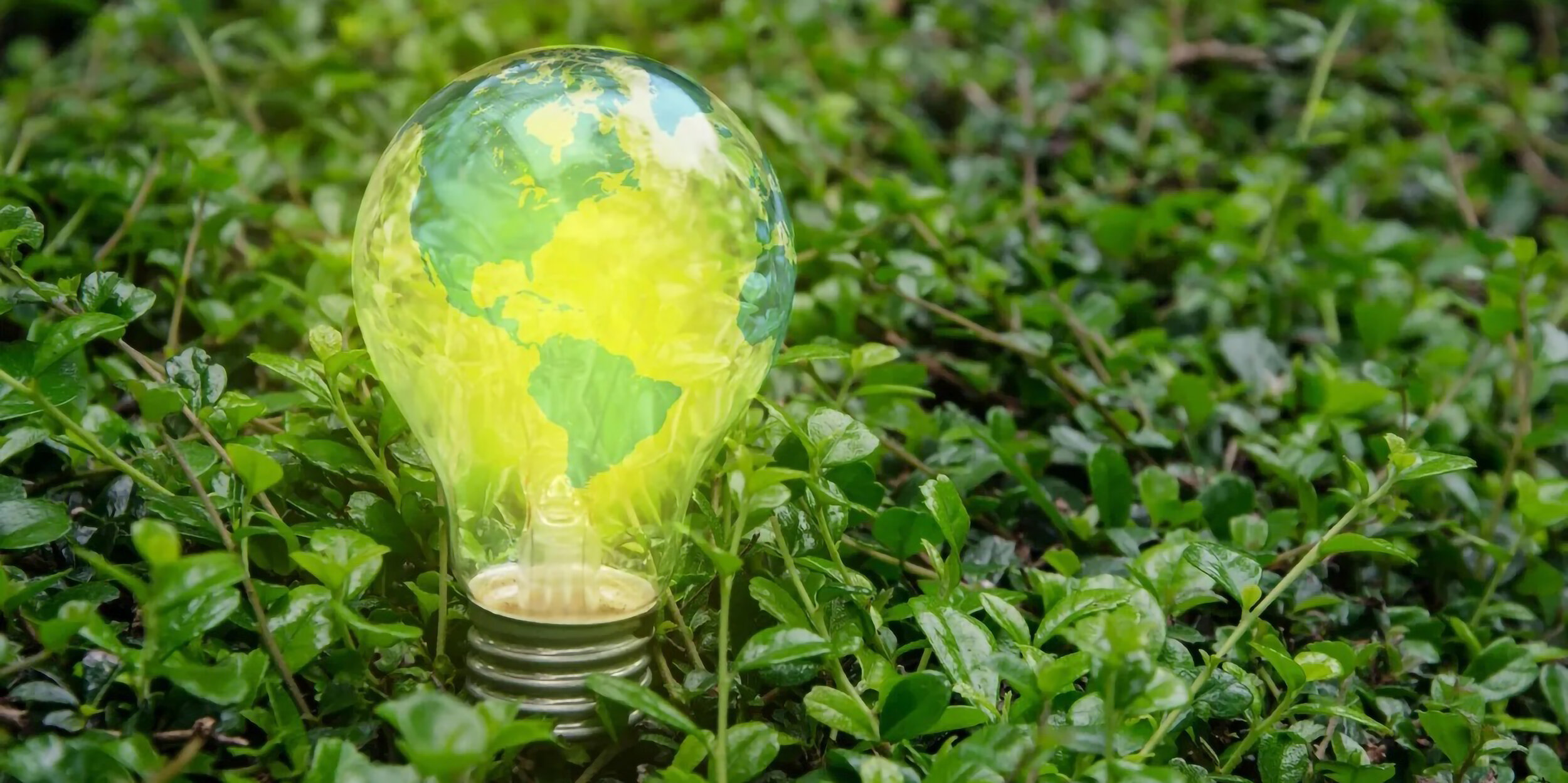
Conservation Tips
Heat Ready CA
California's rising temperatures pose significant health risks, making it essential to stay informed and prepared. Heat Ready CA provides resources to help you and your loved ones navigate extreme heat events safely. Learn about the symptoms of heat-related illnesses, including heat exhaustion and heat stroke, and find nearby cooling centers for immediate relief. The campaign also offers up-to-date information on heat alerts and weather forecasts, allowing for proactive planning.
Heat Ready CA offers hydration tips, staying cool, and protecting vulnerable populations, such as older individuals, children, and those with preexisting health conditions. Explore guidance on scheduling outdoor activities during cooler parts of the day and taking breaks in shaded or air-conditioned areas. Heat Ready CA emphasizes the importance of checking on family, friends, and neighbors, particularly those vulnerable to heat-related health issues.
Stay informed, prepared, and protected by visiting Heat Ready CA.
Save Water Everyday
California is facing a severe water shortage. Water supplies are at historic lows due to dry conditions and challenges with the state’s water storage and delivery system.
The Water Shortage is affecting individuals and communities in Imperial, Riverside and San Bernardino counties, our efforts to conserve water can make a difference. Rethinking the way you use water will help stretch our limited supplies and ensure water is there when we need it.
To find out how you can make a difference click the button below.
Cooling Your Home
When it’s hot, bills go up! You can reduce much of your cooling costs by doing simple things, many of which result in no noticeable discomfort. Here are some helpful tips for for keeping cool while reducing your energy consumption:
Health permitting, set your thermostat to 78 degrees or higher.
Do not cool an empty house.
Maintain your air conditioner at minimum once per year before the cooling season and replace your air filter according to manufacturer recommendation to keep your system running at peak performance.
Set your thermostat fan switch to “auto” to save energy. Leaving it in the “on” position keeps air running constantly and may increase humidity levels.
Keep heat producing devices, such as television sets and lamps away from your thermostat.
Do not run your air conditioner and your evaporative cooler at the same time. That will cause the air conditioner to work harder and run longer to get rid of the humidity produced by the cooler.
One Room Approach:
Use ceiling fans to cool off for less. Ceiling fans use no more electricity than a standard light bulb. However, be sure to turn off fans when you leave — they only cool people, not rooms.
If you do primarily occupy one room in your home, consider using a room air conditioner.
Heating Your Home
Stay warm while reducing your energy bills without sacrificing comfort. Follow the tips below to reduce your heating bill, all which require very little effort or cost to complete.
Health permitting, set your thermostat to 68 degrees or lower.
Do not turn up your thermostat higher than normal to heat your home faster.
Do not heat an empty house.
Maintain your furnace and replace your air filter according to manufacturer recommendation to keep your system running at peak performance.
Open your shades, blinds, curtains, or drapes during the day to heat the home with natural sunlight and close at night to keep the heat inside.
Weatherize your home to prevent air loss and cold air infiltration.
Refrigerator
Refrigerators may seem simple to use, but can quickly lose efficiency and breakdown if not properly maintained. You can extend the life of your refrigerator through proper maintenance and allow it to perform at peak efficiency by following a few simple tips listed below:
Clean your refrigerator coils - dirty coils on the back or bottom-front of your refrigerator can make your refrigerator work harder and use more energy.
Make sure your refrigerator and freezer seals are airtight. If you find tears or gaps, have the seals replaced.
Allow all leftovers to cool down to room temperature before storing in the refrigerator. This decreases unnecessary heat inside of the refrigerator, reducing the need for the compressor to run.
When storing food in your refrigerator, cover liquids and wrap foods tightly before storing. Uncovered foods release moisture and this makes the compressor work harder, which wastes energy.
Organize the items in your refrigerator. When items are easily accessible, you reduce open-door time, which helps you save energy.
Hot Water Heating
After heating or cooling, water heating is typically the largest energy user in the home. Follow a few simple steps to help reduce your hot water heating costs:
Lowering your hot water heater thermostat to the mid setting or lower could save you up to 15% on water heating costs.
Take shorter and cooler showers to reduce your costs.
Fix water leaks - one drop per second can reach up to 2,500 gallons per year.
Wrap your hot water pipes to reduce heat loss.
Install a hot water heater blanket on older tanks.
Cooking
Take a few simple steps to use heat and energy more efficiently when cooking.
Do not preheat your oven unless the recipe specifically requires it.
Do not open the oven door while food is cooking. You could lose up to 50 degrees in temperature, which wastes energy.
Keep range-top burners and reflectors clean; they will reflect the heat better and you will save energy.
Clean your oven regularly - a clean oven will reflect the heat better, directing it towards the food you’re cooking.
Use the right pan for the job. Over-sized and undersized pans waste energy. Also, cover pots when cooking.
Thaw frozen foods first before cooking.
Around Your House
Can you do it? Are you willing to try a few simple tips to lower your energy consumption and save a few dollars each month? Try these simple, low-cost tips and start saving immediately.
Turn off electrical devices & lights when you leave a room.
Do not let the TV run in the background if nobody is watching it.
Replace your incandescent and/or halogen light-bulbs with compact fluorescent light (CFLs) or light-emitting diode (LED) bulbs and save up to 75% on your lighting costs. Additionally, only 10% of the electricity used by incandescent light bulbs is converted to light and the rest ends up as heat.
Turn off appliances when they are not in use.
Unplug battery chargers when batteries are fully charged or the chargers are not in use. Many chargers draw power continuously, even when the device is not plugged into the charger.








